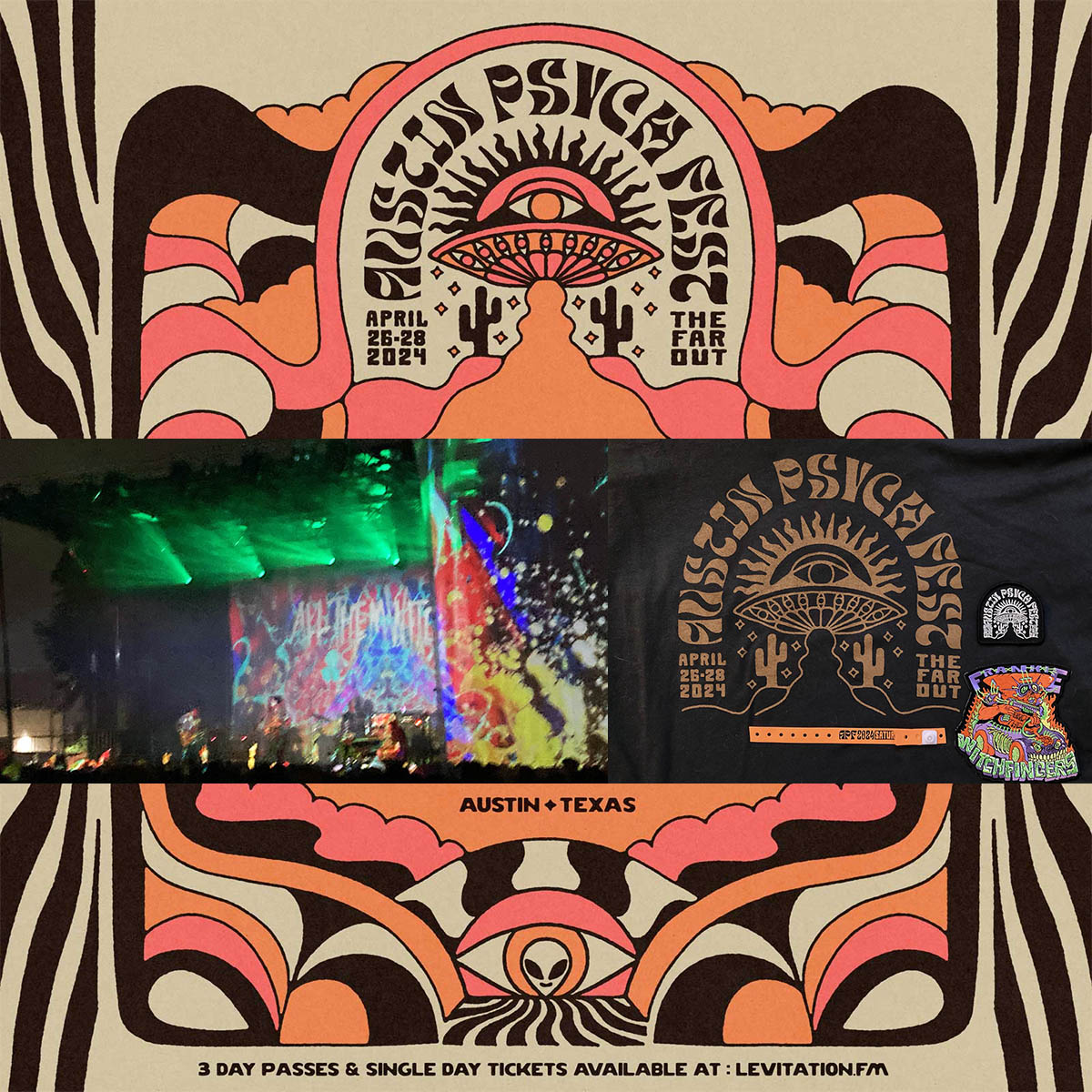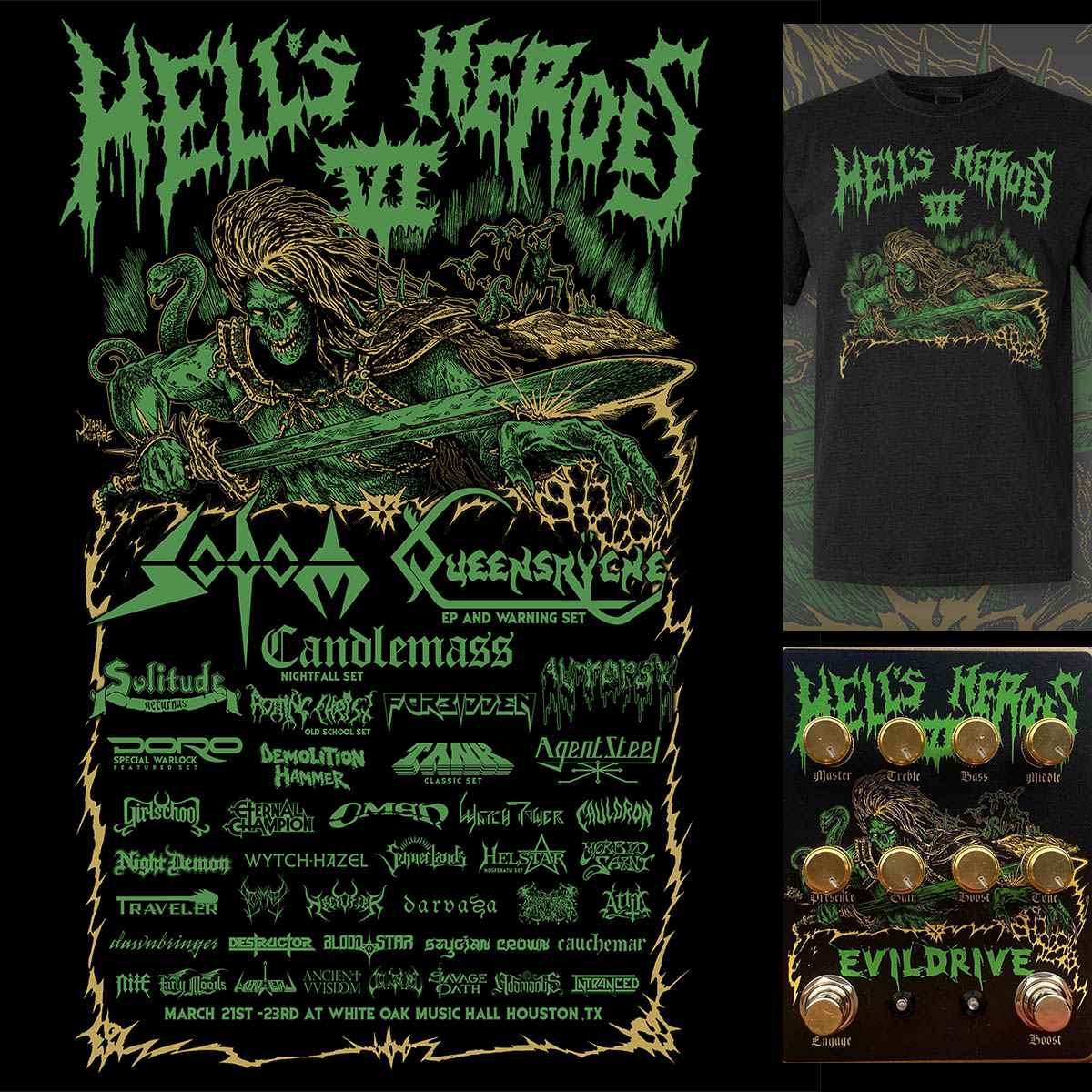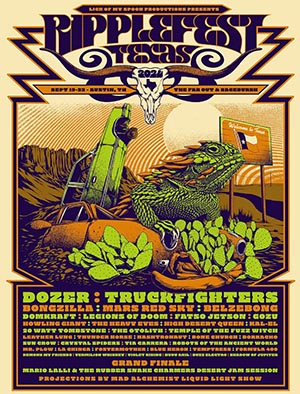First in my month long countdown of 28 albums of 1982. Virgin Prunes – …If I Die, I Die (Rough Trade) an adventurous, pioneering experimental post-punk/goth classic that lurked somewhat between the cracks.

I’ve fallen into a pattern in recent years. In November I consume a massive amount of music as I assemble my year-end summary, and continue listening to new discoveries via other year-end lists through the holidaze. Then I take a breather and listen to whatever I feel like, whether it be a deep dive into psych pop, or a rabbit hole into 1988, listening to old favorites and giving albums I passed over another listen. A couple weeks ago, Richard Shaw’s #5albums Twitter poll focused on 1982, which inspired me to assemble a playlist. I’ve also been following Pete Pardo’s Sea Of Tranquility daily YouTube series of quickie snapshots of albums following themes like spooky albums in October, important hard rock & metal in November, 1971 prog in December, favorite 1972 albums in January, and starting today, 1982 albums. I’d already been listening to my 1982 albums on repeat for a few weeks, so I might as well give this daily countdown a whirl too.
1982 was an important year for me, given what happens to brains growing and festering from 12 to 13 years old. I had some less than satisfying albums from Cheap Trick, Asia and Van Halen, but also discovered some strange new songs on a college station called KUNI, like R.E.M.’s “Radio Free Europe” and Laurie Anderson’s “O Superman.” It took years to truly discover how much amazing music came out that year, and 40 years later I’m still finding new things, like Tracey Thorn’s first solo album, and revisiting stuff I’d written off, like Level 42 or even Kiss (Creatures Of The Night might be their only album I can non-sarcastically call heavy metal, and it’s not bad!).
One of the many far-reaching influences of the first round of post-punk from 1978-84 was goth. While later revivalists tried to constrict post-punk into rigid confines, I saw it as a second, and more successful attempt at a utopian subculture of complete freedom, after the psychedelic hippie era devolved into cynicism and selfishness. While goth culture mutated into it’s own variations of rigidity, in 1982 it was still unruly and experimental. A perfect example was the Dublin based Virgin Prunes.
Coming out of the same post-hippie, proto-punk commune (The Lypton Village) that spawned U2, the Prunes embarked on an experimental series of singles and EPs in 1981 that all shared the title A New Form of Beauty, which recalled early Public Image Ltd., Cabaret Voltaire and Coil. The 10:39 long “Beast (Seven Bastard Suck)” was far more terrifying than anything Bauhaus had done. Their artistic, theatrical live shows earned them an arts commission to create their own interpretation of insanity, resulting in the double EPs Heresie (1982). For their first official album, they teamed up with Wire’s Colin Newman and came up with their most accessible album, …If I Die, I Die. Still by no means an easy listen, it’s a perplexing, challenging album that you may need to take a break from, but are ultimately compelled to return to repeatedly. I played a couple tracks on my post-punk radio show in college, but it took me a while to properly absorb the whole album. The ultimate slow burner.
The performances through much of the album are intense, featuring the interplay of three vocalists – Gavin Friday, Guggi and Dave-id Busaras, tribal drumming, looming basslines and skittering guitars. “Sweethome Under White Clouds” and “Baby Turns Blue.” The mysterious, incomprehensible babbling in “Bau-Dachong” is the band’s made-up Bo-Prune language. The dance-punk single “Pagan Lovesong” became a staple at goth and punk clubs for the rest of the decade. “Ballad of the Man” is even more delicate and tuneful, which might have snuck the band into a rotation with synthpop New Romantics, with lyrics that satirize the themes commonly found in Bruce Springsteen’s and Thin Lizzy’s songs. “Walls of Jericho” is more anthemic along the lines of the Skids (whose Stuart Adamson went on to Big Country). The album gets extra weird in the end with the experimental, psychedelic “Chance of a Lifetime” and harrowing yowls of “Yeo.” I could have easily written about Bauhaus’ The Sky’s Gone Out instead, but this album equally deserves attention, and has remained under the radar, though it did make #74 in the Slicing Up Eyeballs poll in 2013, and #64 in the recent #5albums82 Twitter poll. As of today, it’s my #28 album for 1982.

April 28, 2024
Austin Psych Fest
March 29, 2024
Fester’s Lucky 13: 1994
March 25, 2024
Hell’s Heroes VI



